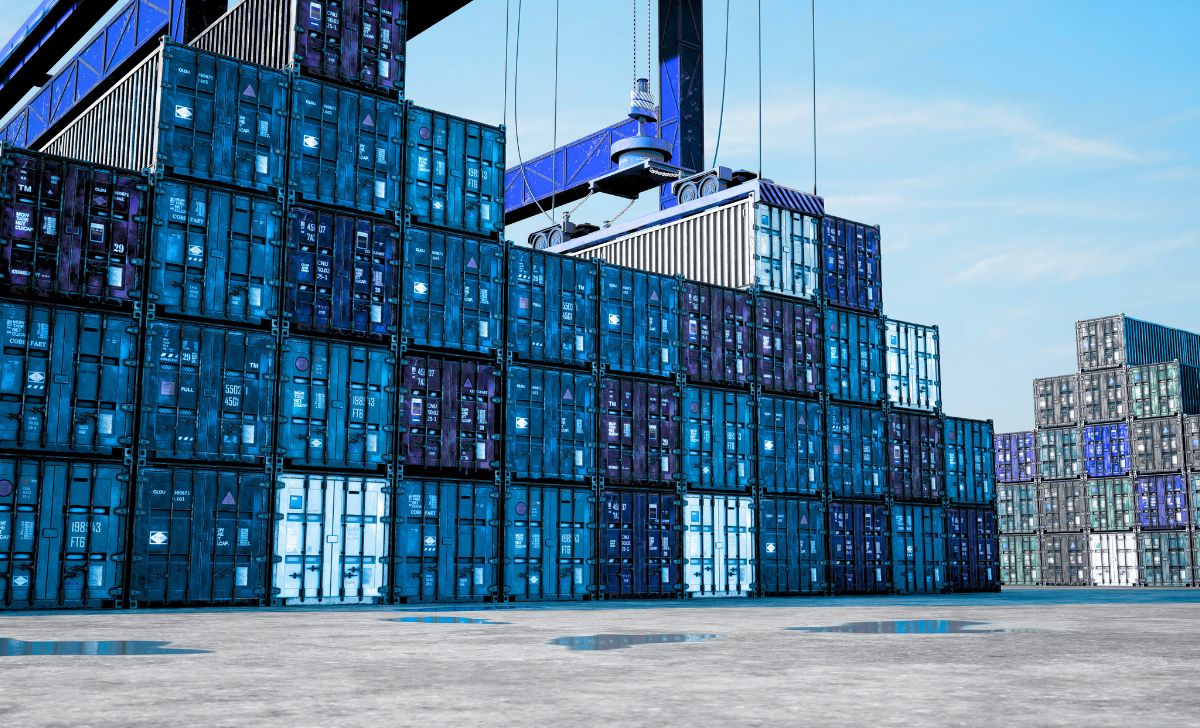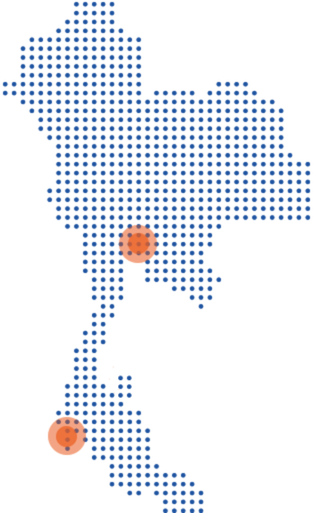

BOI Launches Incentive Package to Boost Thai Entrepreneurs Amid Global Trade Tensions
Thailand’s Board of Investment introduces enhanced tax incentives, local sourcing benefits, and foreign ownership controls to support SMEs and exports under rising global trade pressures
As international trade tensions intensify and the United States implements reciprocal tariffs, Thailand’s Board of Investment (BOI) has introduced a set of new measures aimed at strengthening the resilience and global competitiveness of Thai businesses. The package addresses both domestic economic challenges and external risks posed by shifting global trade dynamics. It provides incentives to increase supply chain integration, encourage local content use, and regulate certain sectors while also preparing Thai SMEs for more advanced, technology-driven production.
Empowering and Reinforcing Domestic Supply Chains
The centerpiece of the new measures is an enhanced support scheme for Thai small and medium-sized enterprises (SMEs) registered with the Office of Small and Medium Enterprises Promotion (OSMEP). These companies are now eligible for a 5-year corporate income tax exemption on 100% of investments made to improve operational efficiency, an increase from the previous 3-year exemption on 50% of such investments. The qualifying investments include modernization of machinery, digitalization and automation, energy efficiency upgrades, and transition to international production standards or emerging industries.
Another key initiative is aimed at stimulating the use of locally produced components, particularly in the electric vehicle and electronics sectors. Companies that utilize domestic inputs in accordance with Made in Thailand (MiT) certification thresholds will enjoy an additional 2-year 50% tax reduction beyond normal BOI incentives. For instance, Battery Electric Vehicles (BEVs) must use at least 40% local materials by value, Plug-in Hybrid Electric Vehicles (PHEVs) 45%, electric vehicle parts 15%, and electrical appliances 40%. This measure is bolstered by BOI-facilitated supply chain matchmaking events.
Regulatory Realignment and Future Strategy in Response to Trade Risks
In response to concerns about “passporting” or circumvention of origin-based tariffs, the BOI will now scrutinize manufacturing processes in higher-risk industries, such as auto parts, electronics, textiles, furniture, and metal products, to ensure genuine value creation in Thailand. Only companies that substantially transform raw materials, for example, by changing customs tariff codes at a minimum of four-digit levels, will qualify for BOI incentives.
Certain industries are also facing regulatory tightening or incentive withdrawals. BOI will cease promotion for the manufacture of solar panels, automotive accessories, and end-stage steel products like hot-rolled and long steel, due to oversupply and low value addition. New limits have also been introduced on foreign ownership in sectors such as furniture, bags, and publishing. For environmentally sensitive or community-impact sectors BOI will no longer permit land ownership, requiring operations to be located within industrial estates under strict regulatory oversight.
The BOI is simultaneously adjusting conditions for foreign employment in BOI-promoted companies. Firms employing more than 100 staff must ensure that at least 70% are Thai nationals. Minimum income thresholds for foreign workers applying for BOI visa privileges have been set: THB 150,000/month for executives, and THB 50,000/month for specialists. This aims to attract only highly skilled expatriates and promote knowledge transfer to local employees.
Looking ahead, the BOI is preparing additional relief measures for Thai exporters likely to be directly affected by rising U.S. tariffs. These measures will focus on high-value export industries such as food processing, rubber products, electronics, electrical appliances, automotive components, machinery, and jewelry.
Feel free to contact us if you have any questions regarding the BOI incentive.
Andreas Seela
Andreas primarily focuses on corporate/commercial, tax law, and real estate law. He previously worked for an international law firm in Germany and has experience in the Asian legal sphere. He holds a Master’s degree in business law and economics (LLM.oec.) and is currently working on his Ph.D. thesis at Chulalongkorn University in international law.

